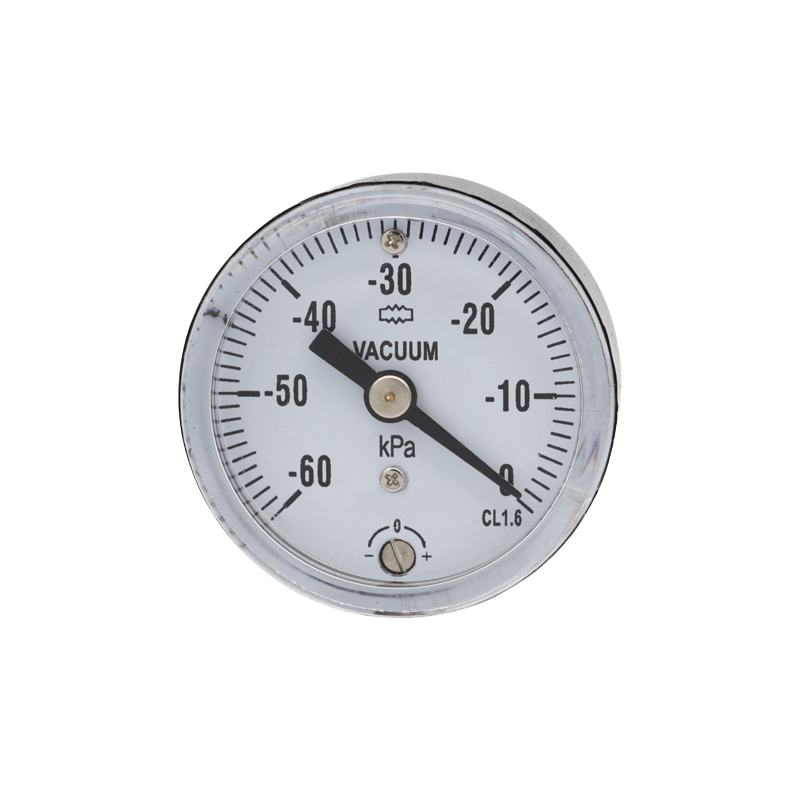
अक्टूबर . 21, 2024 21:18 Back to list
pressure gauge precision instruments
Pressure Gauge Precision Instruments Understanding Their Importance and Applications
Pressure gauges are essential instruments used to measure the pressure of gases and liquids. They play a critical role in various industries including manufacturing, oil and gas, pharmaceuticals, and food processing. The accuracy and reliability of pressure gauges are paramount, as they ensure safety, efficiency, and quality control in numerous processes.
Types of Pressure Gauges
There are several types of pressure gauges available, each designed for specific applications. The most common types include mechanical gauges, electronic gauges, and digital gauges.
1. Mechanical Gauges These are traditional devices that use a Bourdon tube or diaphragm to measure pressure. As pressure increases, the tube or diaphragm deforms, moving a needle across a dial to indicate the pressure. Mechanical gauges are known for their durability and simplicity, making them ideal for many industrial settings.
2. Electronic Gauges These devices use sensors to measure pressure and convert it into an electrical signal. Electronic gauges are often more sensitive and can provide real-time data, which is essential for monitoring critical processes that require precise pressure measurements.
3. Digital Gauges Combining features of both mechanical and electronic gauges, digital gauges display readings on an electronic screen. They offer high accuracy and often include advanced features such as data logging, alerts for out-of-range pressures, and wireless connectivity.
Importance of Precision
pressure gauge precision instruments

The precision of pressure gauges is vital in preventing system failures and ensuring the safety of operations. An inaccurate pressure measurement can lead to catastrophic consequences, such as equipment damage, product spoilage, or even accidents that could harm personnel. Therefore, selecting a pressure gauge with the appropriate precision level for the application is crucial.
Precision instruments are classified based on their accuracy. A typical gauge might have an accuracy of ±1% of full scale, while high-precision gauges can achieve tolerances of ±0.1% or better. It is essential to consider factors such as the operating environment, the type of fluid being measured, and the specific pressure range when choosing a gauge to ensure effective measurement.
Calibration and Maintenance
Regular calibration and maintenance of pressure gauges are fundamental practices to guarantee their precision over time. Calibration involves comparing the gauge’s readings with a known standard and making adjustments as needed. This process might be required annually or more frequently, depending on the instrument's usage and the critical nature of the measurements.
Maintenance involves routine checks for wear and tear, leaks, and damage to ensure that the gauges function optimally. Proper installation is also critical; gauges should be mounted in locations that minimize vibration and thermal fluctuations, as these factors can influence measurement accuracy.
Conclusion
In conclusion, pressure gauge precision instruments are indispensable tools across various industries, ensuring that processes run smoothly and safely. Understanding the different types of gauges, the importance of precision, and the need for regular calibration and maintenance is essential for anyone involved in their application. By prioritizing accuracy and reliability, industries can minimize risks and enhance performance, ultimately leading to greater efficiency and safety in their operations.
-
High-Precision 5 Valve Manifold Differential Pressure Gauge Suppliers
NewsApr.29,2025
-
High-Precision Diaphragm Vacuum Pressure Gauges Manufacturers & Quotes
NewsApr.29,2025
-
Omega Differential Pressure Gauges High Accuracy & Durability
NewsApr.28,2025
-
Low Pressure Differential Pressure Gauges Precision Solutions & Quotes
NewsApr.28,2025
-
Digital Diaphragm Pressure Gaauge Precision Measurement & OEM Quotes
NewsApr.28,2025
-
Differential Pressure Gauge China Price High-Accuracy & Best Quotes
NewsApr.28,2025
